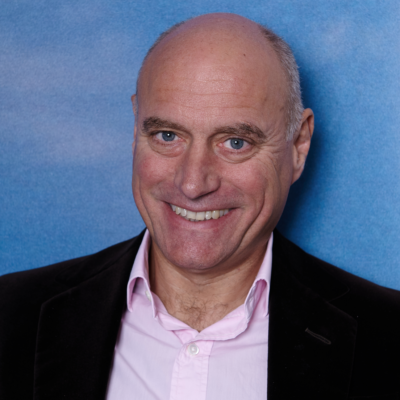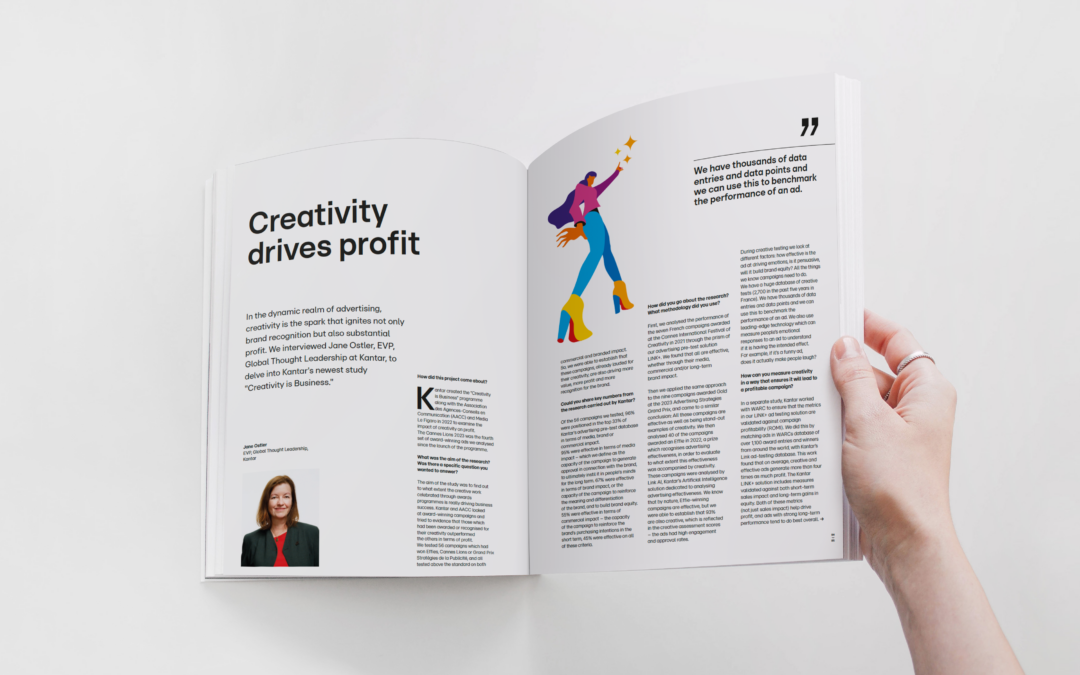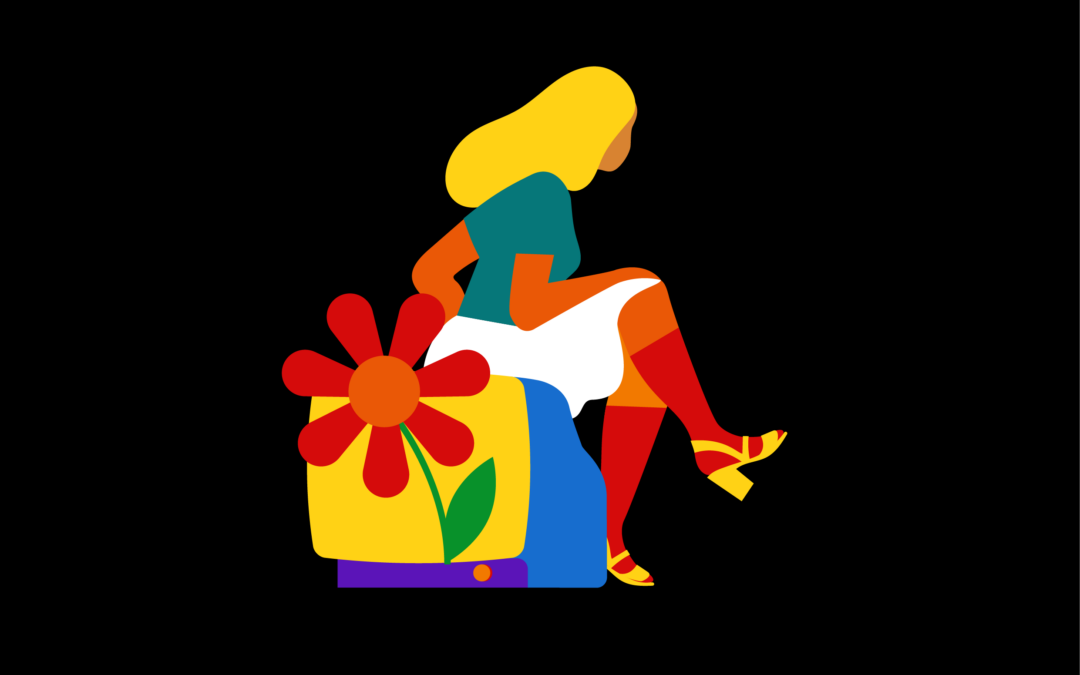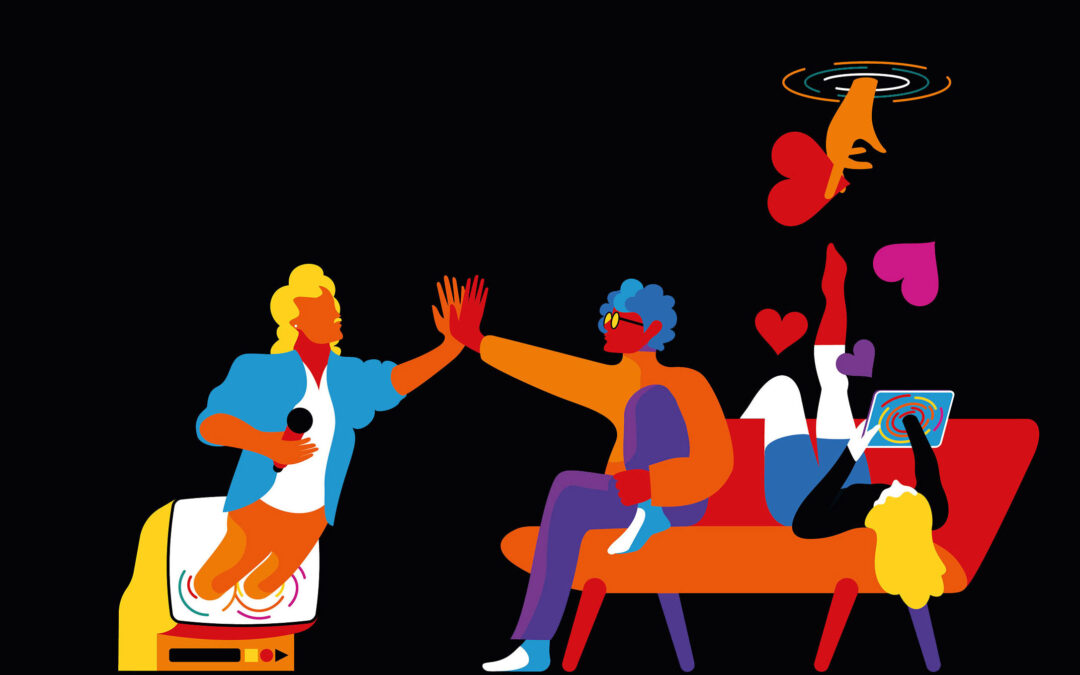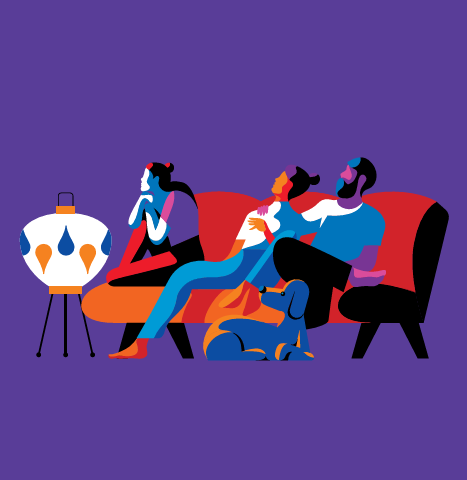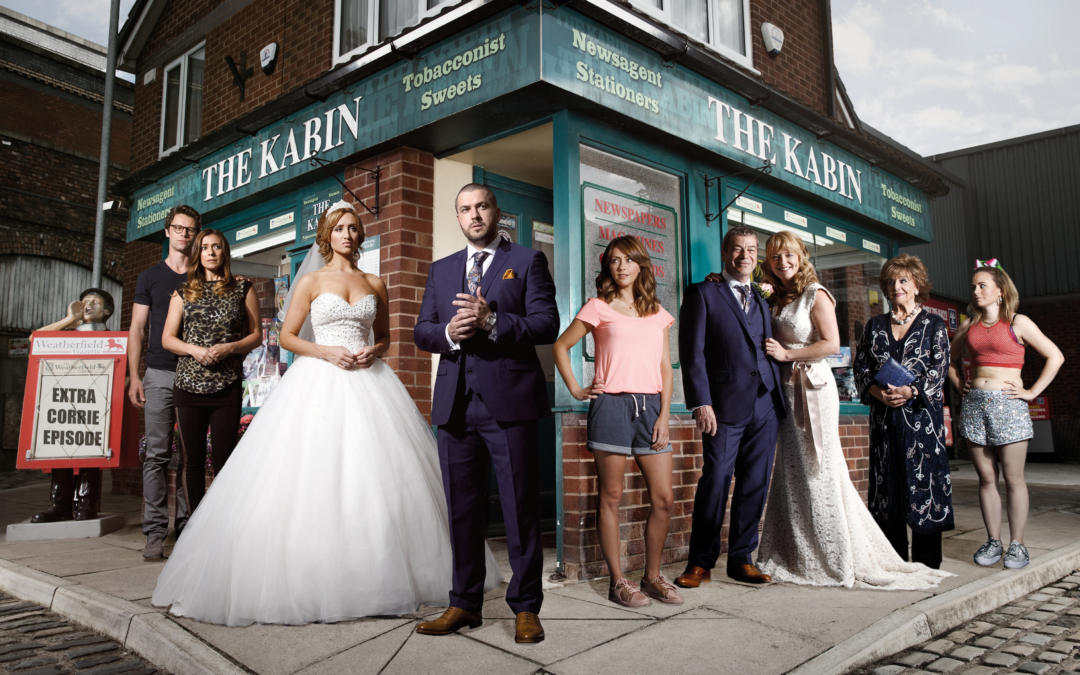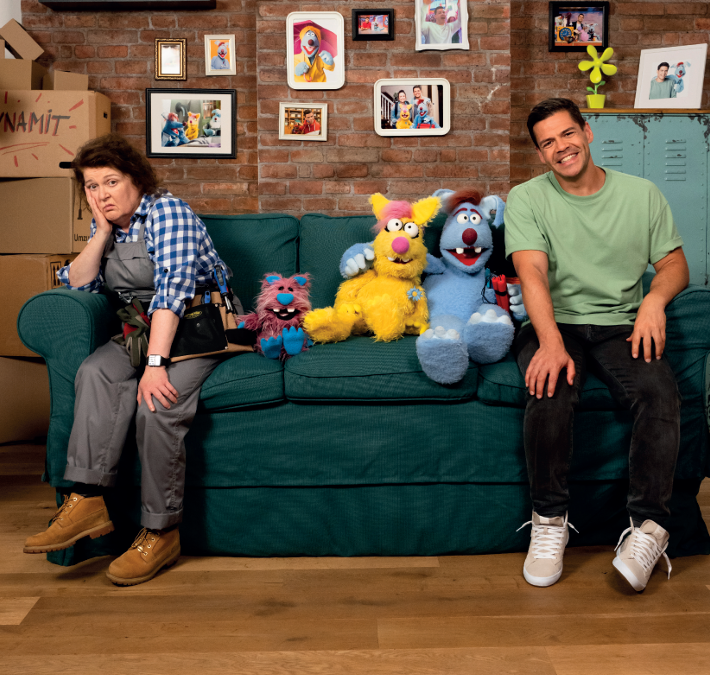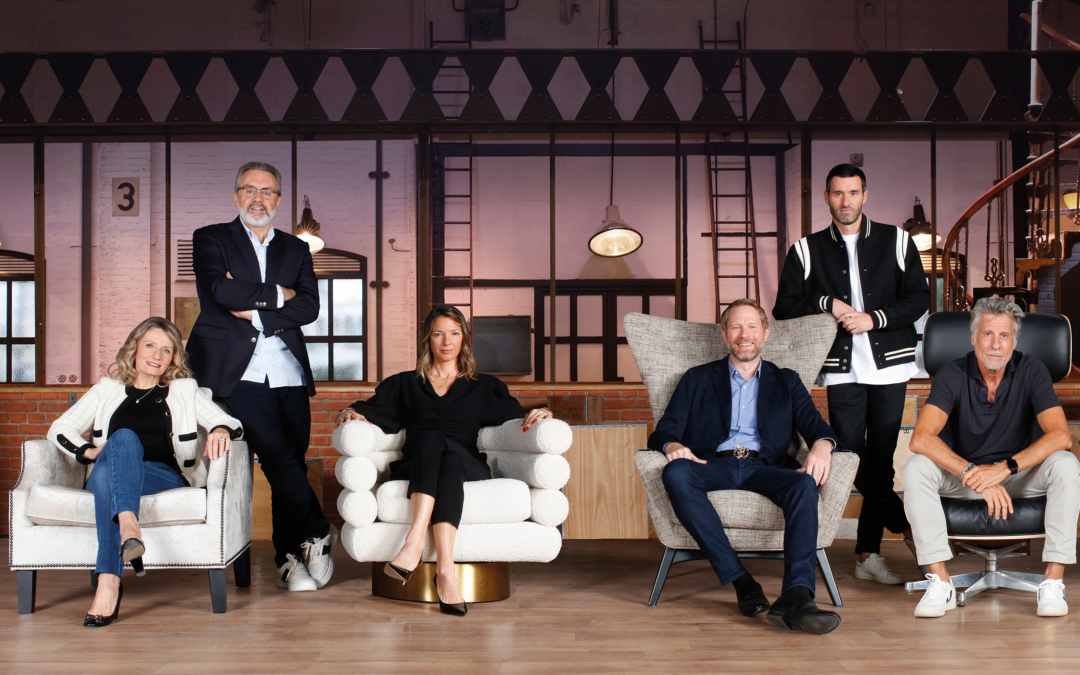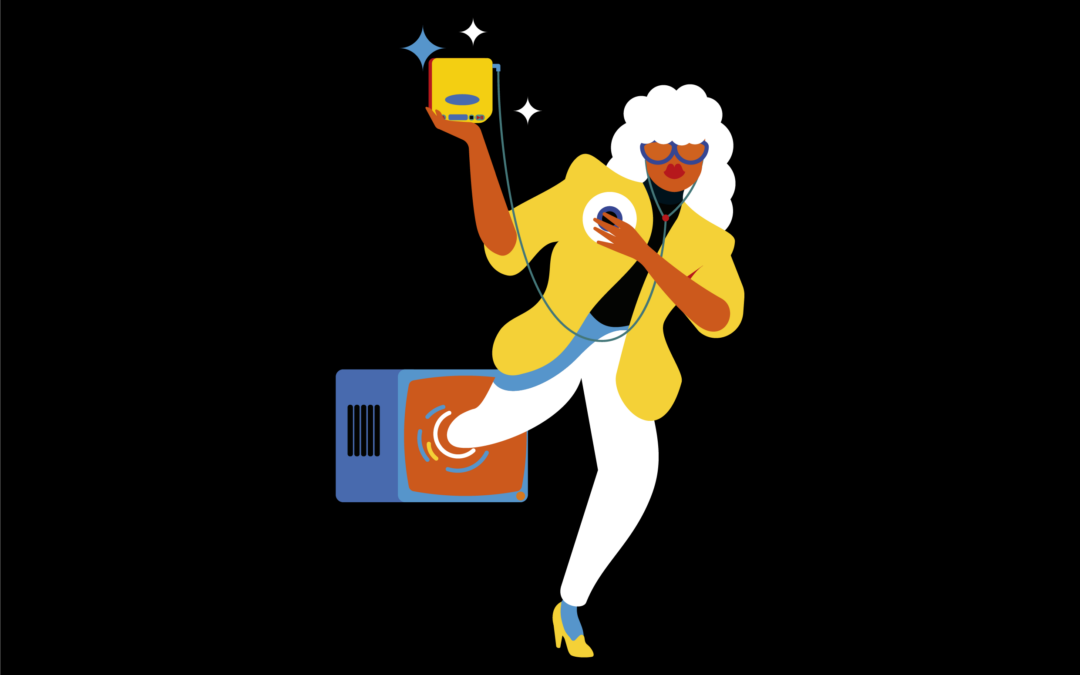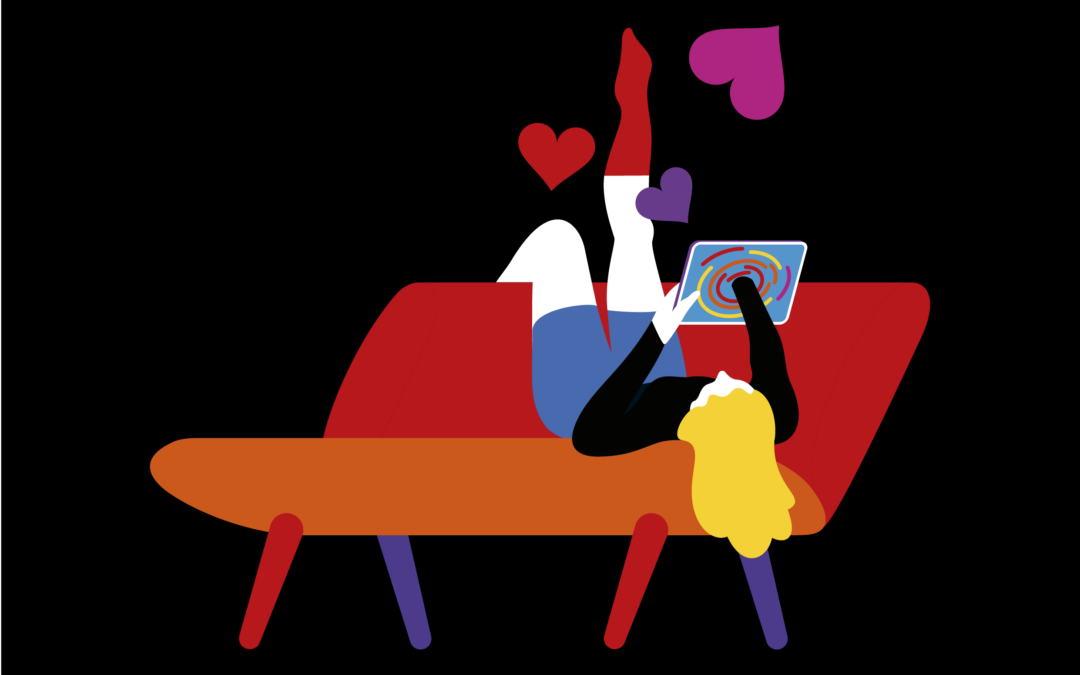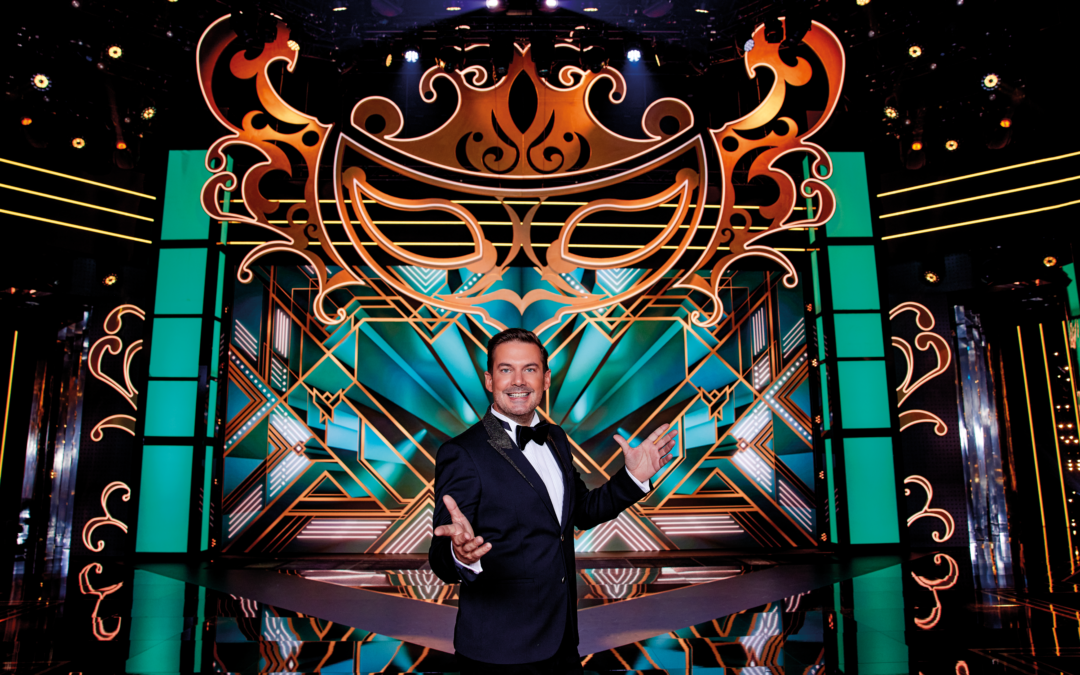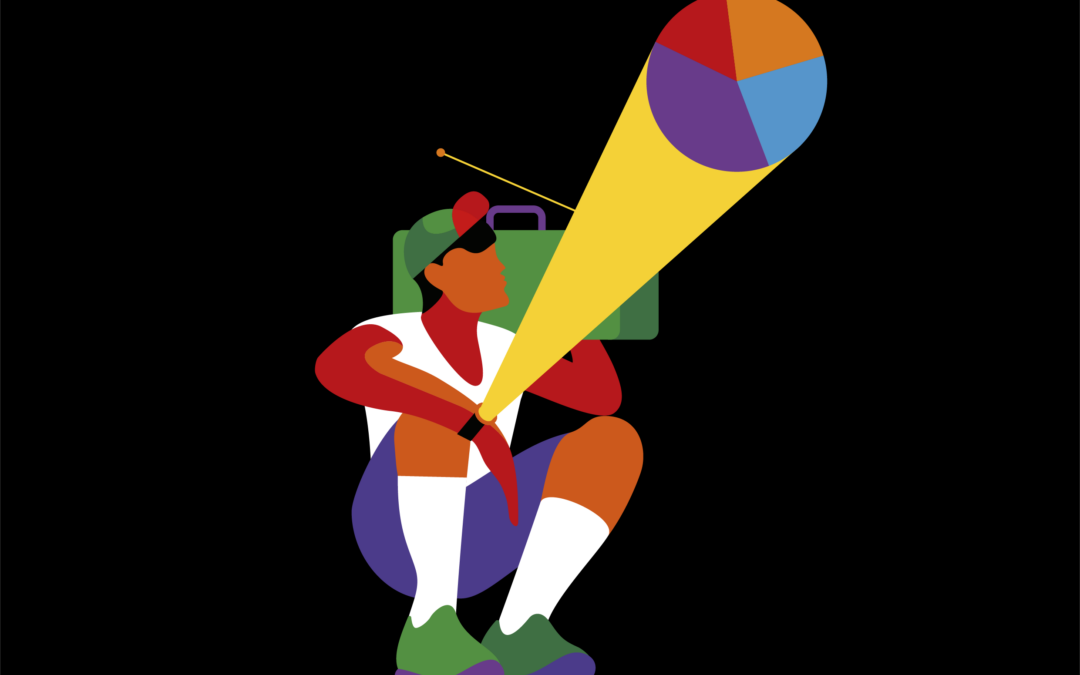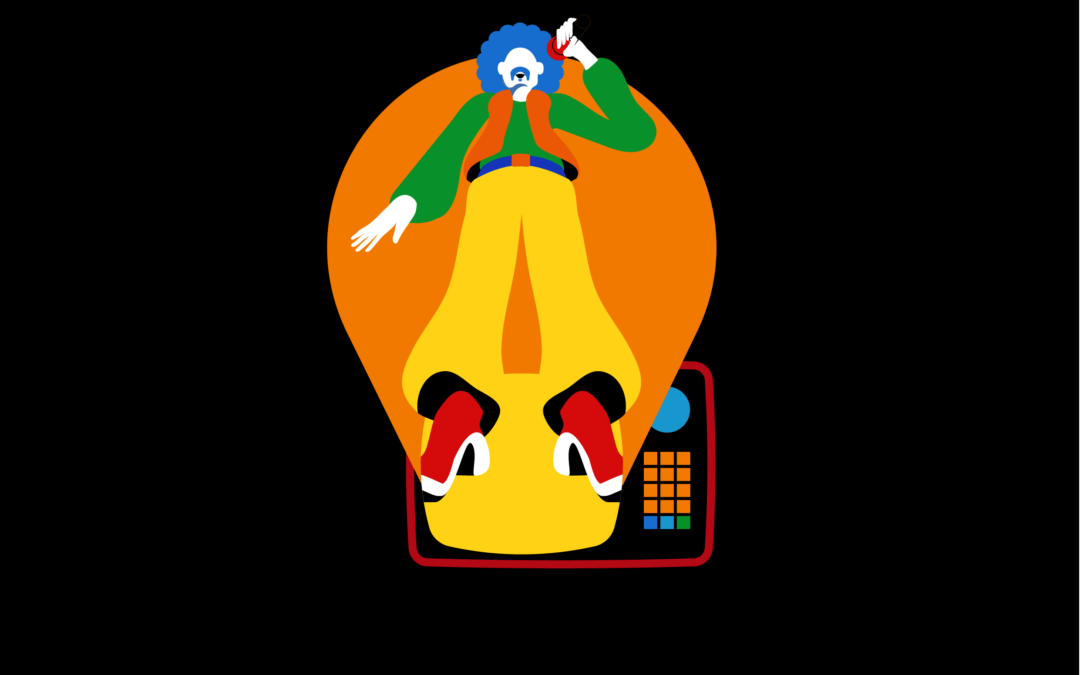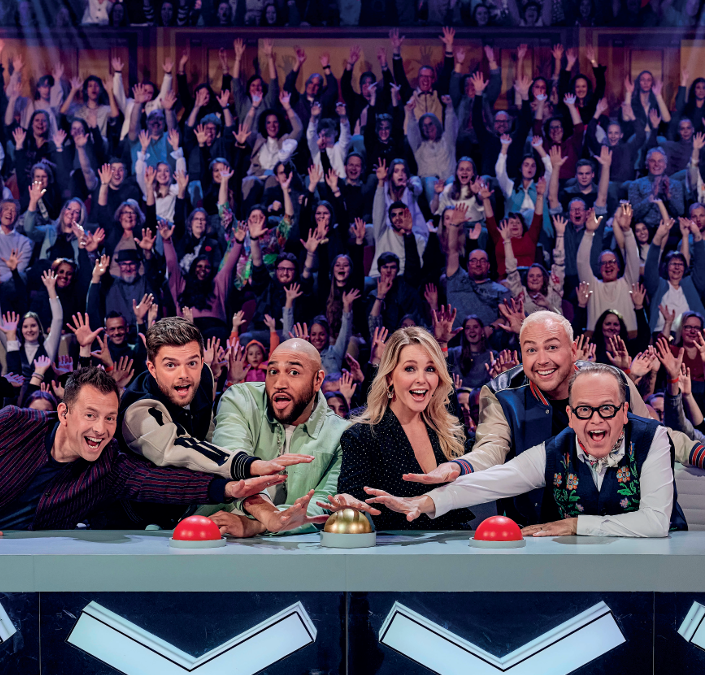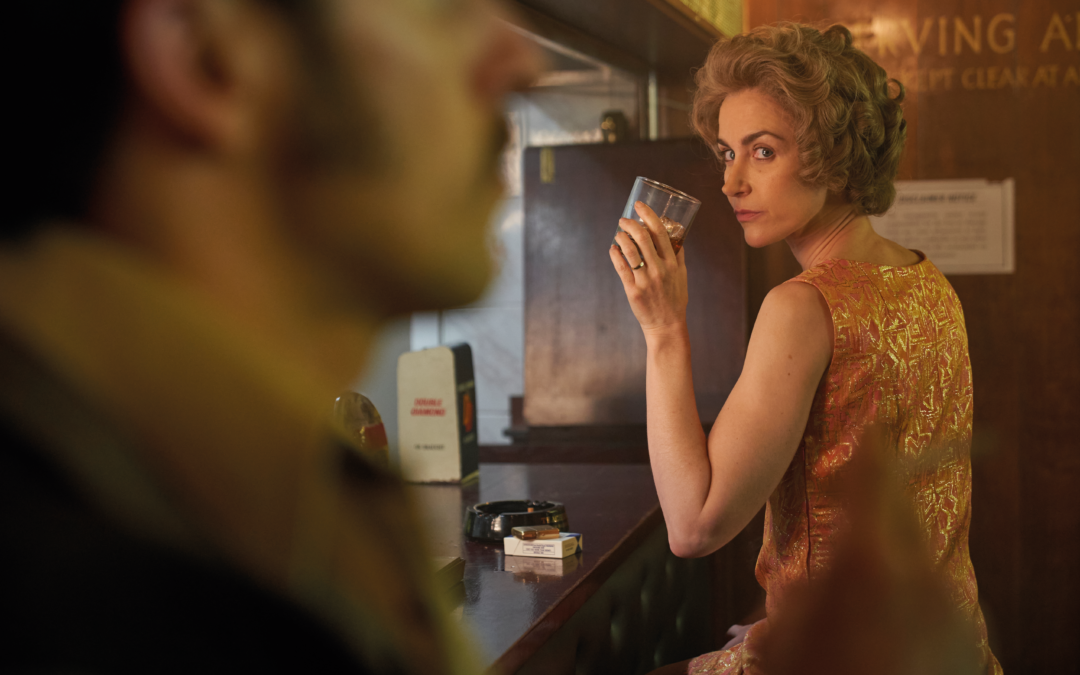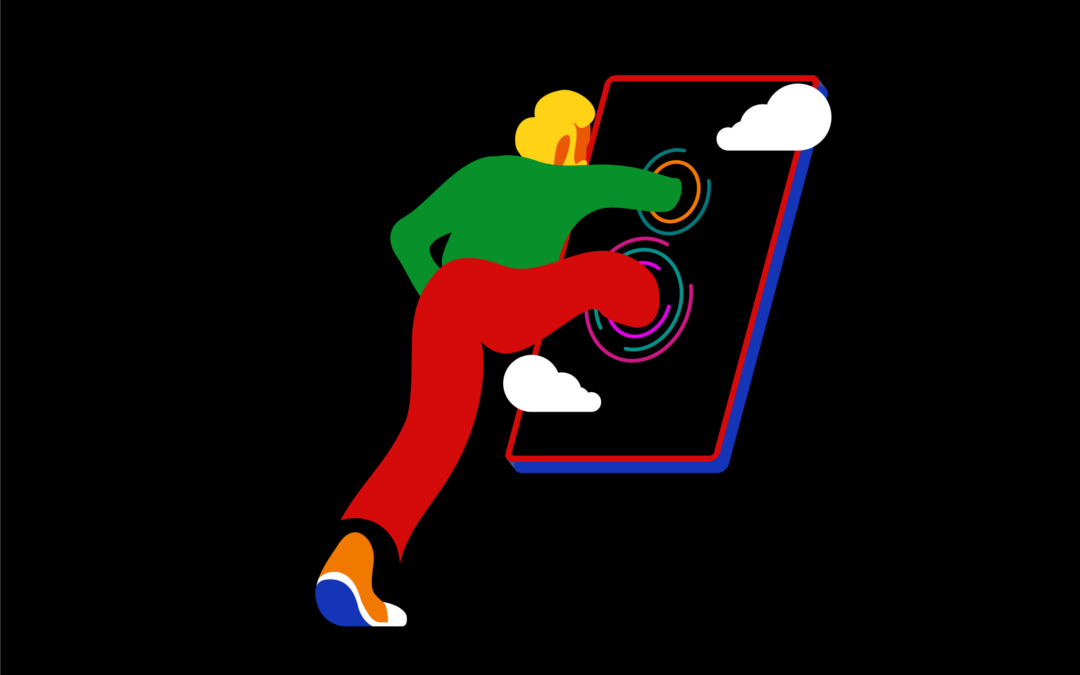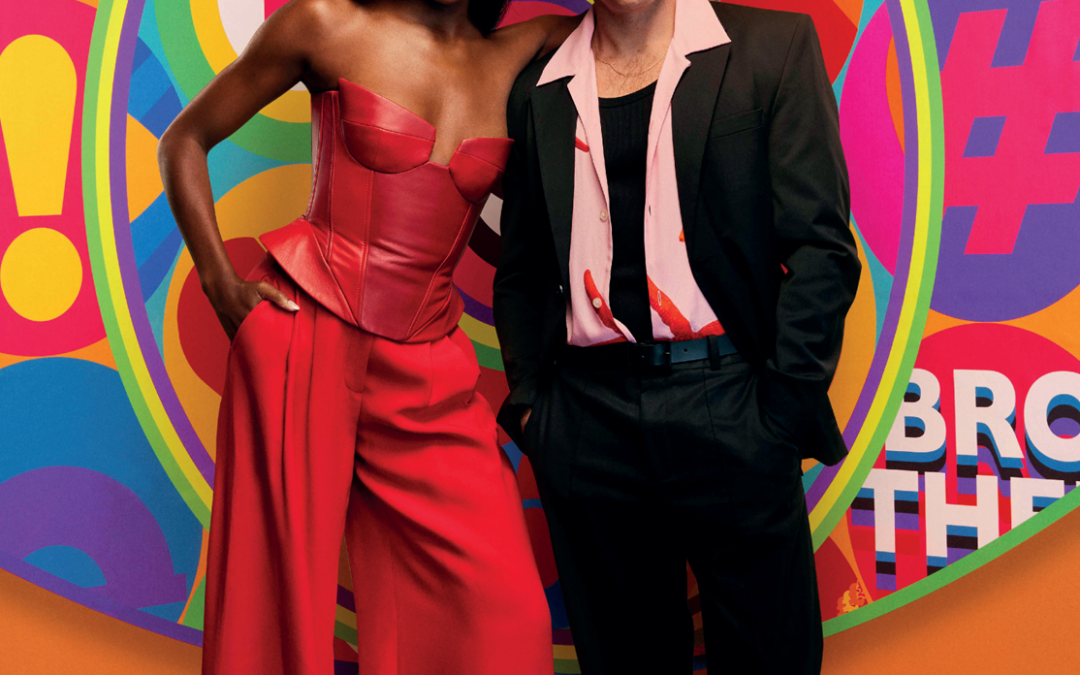RTL AdAlliance had the pleasure of interviewing Simon Daglish, Deputy MD of Commercial at ITV to discuss its campaign “The last photo.” This extraordinary creative work, developed in collaboration with CALM (Campaign Against Living Miserably), an anti-suicide charity and the creative agency adam&eveDDB won the coveted Grand Prix award at the Cannes Lions International Creative Festival this year. Here, Simon explains more about this remarkable five-year partnership.
Could you summarise what “The last photo” is about?
As with many good things, our collaboration began through serendipity – a bit of good fortune, about five years ago. I had the chance to meet the CEO of CALM, a wonderful chap called Simon Gunning, and together we discussed the horrific fact that in the UK, every week 84 men commit suicide. Our studios are in this massive tower in the middle of London, so we put up 84 silhouettes of men on top of the tower to represent this tragic statistic – we called it Project 84. Each was dressed in the last clothing a suicide victim wore – quite emotive, is it not?
The creative initiative was further amplified by featuring interviews with the families of the victims in the TV show This Morning. These families openly shared their experiences of the profound effects of suicide on family life. Additionally, the initiative offered valuable resources, including helplines and access to medical professionals, to provide support for individuals experiencing suicidal thoughts. We even achieved legislative change by encouraging the UK government to appoint a Minister for Suicide Prevention.
This was the start of this amazing collaboration between CALM, the wonderful agency adam&eveDDB and us. Our most recent campaign, “The last photo,” aims to debunk suicide as a taboo, encouraging people to speak out and openly discuss their struggles if they are experiencing suicidal thoughts. In its first edition, we put up billboards with the last photos of suicide victims. When you walk through them, they are mostly happy faces, and only once you read more about it, does it hit you. Because many of us have lost a loved one to suicide, we wanted to lift this self-doubt and questioning ‘should I have noticed something’? As I said – suicidal often does not look suicidal, and we want to show that.
The next step was to create “The last video,” in the same spirit. The campaign leveraged the medium of television to convey this powerful message, culminating in the presentation of final videos recorded by those who tragically took their own lives. We started this because we wanted to help people, even if we don’t know them. TV is such a strong and influential medium that we wanted to get Britain talking about these big taboos and to do a little good.
What was your reaction to winning the Grand Prix at Cannes?
It’s truly remarkable. I had to fly back the night before, unfortunately, but I was on the phone to the team at adam&eveDDB when it was announced – what a ride! Winning the most prestigious award, the Grand Prix at Cannes Lions, is incredible. However, there is a bittersweet aspect to it, considering that this campaign focused on suicide. You start to think that it’s not just about winning awards; it’s about changing lives and, hopefully, saving lives. So, you’re caught in this mix of euphoria from winning, while also hoping that we have positively impacted people’s lives and perhaps even saved someone. It’s a strange feeling, I must admit.
The truth is, adam&eveDDB were the creative minds behind this campaign. While we were the driving force behind Project 84, they have been the creative force behind this campaign for the past five years. The ideas have emerged from various sources in the collaboration between us, adam&eveDDB and CALM. It has evolved and grown through an open and cooperative effort.
Why is ITV collaborating on this even though it’s not a money driver?
I believe it stems from the commitment of individuals within ITV, including myself, to better mental health. We all understand the importance of maintaining our physical health, whether it’s hitting the gym or going for a run. So why don’t we place the same emphasis on our mental well-being?
“You’re caught in this mix of euphoria from winning, while also hoping that we have positively impacted people’s lives and perhaps even saved someone.”
But more importantly, the answer lies in the fact that ITV is a broadcaster for all of the UK, not just a niche audience or specific demographic. We proudly call ourselves the heart of popular culture, and that’s where we stand. Being at the heart of the UK’s popular culture means that when we rally behind a cause like this, we have the potential to make a significant impact.
TV is the most powerful medium without a doubt. And if we can get that message onto TV, we can make a difference. And I think that’s why the role of ITV is so important. Every dominant TV station in every country can make a difference. So why not use it to do some good?
What impact has the campaign had on your relationship with advertisers?
It certainly brings us strong recognition and has led to collaboration without a doubt. Lots of advertisers have their own charitable stance, from starvation in the third world to mental health. And those who have a mental health bent are talking about this campaign and collaboration. Advertisers can see that ITV have used so many dynamics, especially creativity, to get strong messages across. They then realise that this way of working has a strong commercial benefit and are seeking out broadcasters such as ITV for the success of their future campaigns.
What this campaign has done for ITV is to show how television can influence society. This really helps us when talking to customers who say that TV is just about a 30 second spot. In reality, we can show that there is a smorgasbord of opportunities that exist through TV, through our talent and through our creativity.
How can this partnership serve as a blueprint for commercial advertisers willing to tackle social and other responsibility topics?
ITV and other broadcasters are right at the core of what we often refer to as the heart of popular culture and society itself. Given this responsibility and position, we possess the potential to make a substantial positive impact. This is precisely the essence of the “The last photo” campaign. Moreover, in all our collaborative work with CALM, our hope has been to bring about meaningful change in people’s lives. A famous quote comes to mind: “With great power comes great responsibility.” This adage applies equally to broadcasters. Embracing this responsibility is a testament to our commitment.
“We have become obsessed with eyeballs, and we should be obsessed with hearts! The reason you buy things is because you like them, not because you see them.”
Have you seen a shift in focus since Covid-19?
Yes, without a doubt, but we must be very careful not to lecture our audience. People watch TV to escape the world, and therefore we need to make sure we entertain and make it fun too. We have become obsessed with eyeballs, and we should be obsessed with hearts! The reason you buy things is because you like them, not because you see them. Humour is so powerful; we forget that and try go too direct.
As public serving broadcasters we have a responsibility to help improve society – if we have that position, then we can use it to great effect, encouraging others to do the same. However, we must be careful. Often, advertisers use social issues to market their goods. My message is: Don’t! Stick to telling the truth and you will be fine. We don’t need another sauce company trying to save world hunger! Unless, the social issue is central to the advertiser’s proposition, then go for it, but this only a selected few.
